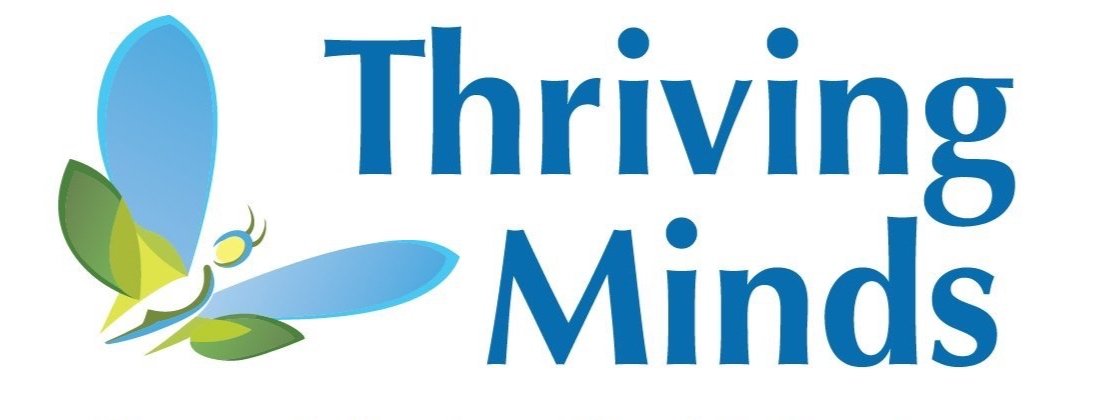Empowering Parents to "Check the Facts" with Tweens and Teens
Navigating parenting a tween or teen can be both rewarding and daunting, especially when faced with challenges like anxiety or depression. In these moments, understanding how to support your child effectively becomes crucial. One invaluable tool that can make a significant difference is founded in Dialectical Behavior Therapy (DBT), called "Check the Facts." This skill empowers both you and your teenager to be a “detective”, looking at the evidence to confront overwhelming emotions with a clear, objective perspective. In this article, we'll explore how you can integrate "Check the Facts" into your interactions, helping your teen navigate their emotions more effectively and fostering a stronger connection between you both.
When your tween or teen is feeling a big emotion, it can be easy for them to lose sight of what happened, and what they can do about it. Parents can support their child by helping them see the “big picture” in a situation. A valuable tool that can make a significant difference in these situations is "Check the Facts."
"Check the Facts" is a skill designed to help individuals challenge their assumptions and examine situations more objectively. It involves looking at the “evidence” for how the teen is interpreting a situation, if there are any evidence they may be ignoring, and their options on how to move forward. This skill is particularly useful when teenagers are struggling with overwhelming emotions that may not always reflect reality.
It is important to note that emotions are not the bag guy here; it is okay to feel big feelings, but we don’t have to act on them. Here’s how you can apply it in your interactions with your tween or teen:
1. Understand the Skill: Begin by explaining the concept of "Check the Facts" to your teen in a calm moment. Emphasize that our emotions can sometimes distort our perception of reality, leading us to believe things that may not be entirely true.
2. Encourage Awareness: Help your teen become more aware of their thoughts and emotions. Encourage them to identify when they are feeling anxious or down, and gently prompt them to question the thoughts that accompany these emotions. For example:
“What emotions are you feeling?”
“What happened that brought up these feelings?”
“What do these feelings make you think about yourself?”
“What do these feelings say might happen in the future because of this event?”
3. Ask Guiding Questions: When your teen expresses a negative thought or belief, ask open-ended questions to guide them through the "Check the Facts" process. For example:
"What evidence do we have to support this thought?"
"Are there other possible explanations or interpretations?"
"Even if the worst were to happen, how could you cope with that?"
4. Explore Alternative Perspectives: Encourage your teen to consider alternative viewpoints or interpretations of the situation. Help them weigh the evidence objectively rather than reacting solely based on their emotional state.
5. Reinforce Positive Outcomes: Celebrate moments when your teen successfully applies "Check the Facts." Positive reinforcement can help reinforce the skill and encourage its ongoing use.
6. Be Patient and Supportive: Remember, learning any new skill takes time and practice. Be patient with your teen as they navigate this process, and offer your unconditional support along the way.
By incorporating "Check the Facts" into your interactions with your anxious or depressed teen, you can empower them to challenge negative thought patterns and develop a more balanced perspective on their emotions and experiences. This skill not only fosters emotional resilience but also strengthens the bond between you and your teen as you work together towards their mental well-being.
For parents who want to use this skill (and others) with their child, visit our website for the Coping and Communication Skill-Building (CCSB) Program and email our expert Caroline Bartholomew at cbartholomew@thrivingminds.info to schedule a consultation session.

